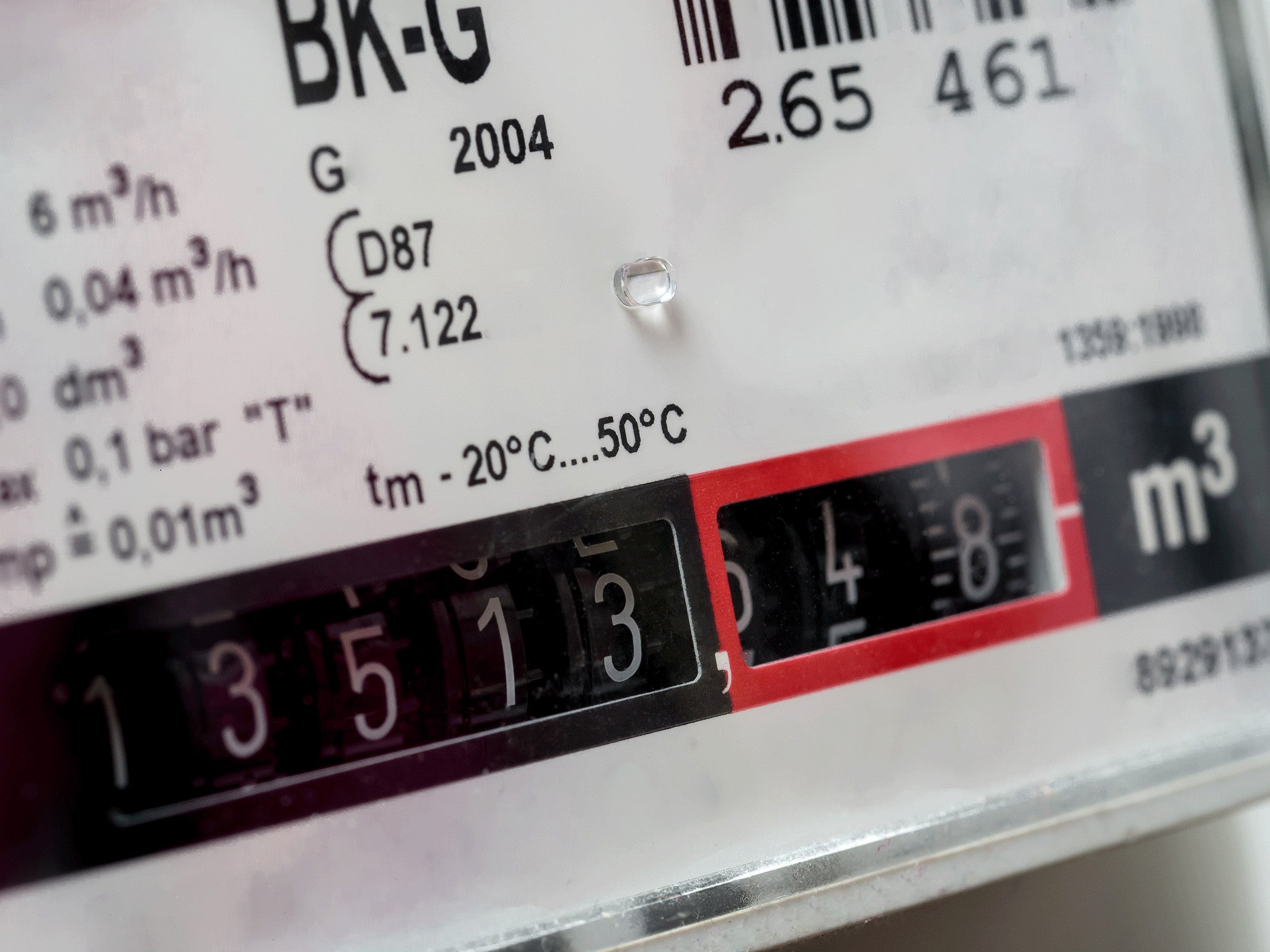Energy price cap: How much will gas and electricity bills increase and how can you avoid paying more?
Bills are set to rise for 15 million households from October so households are advised to switch away from default deals to avoid paying more

Millions of households will see their energy bills rise in October as the price cap on standard tariffs is increased.
Ofgem announced the hike on Friday, prompting criticism from charities who warned that the move would hurt some of the poorest and most vulnerable people.
So what has been announced and how will it affect your budget?
What is the energy price cap?
The price cap is the maximum amount that the energy regulator Ofgem allows suppliers to charge on their default tariffs, which are known as standard variable tariffs. These tend to be among the most expensive energy tariffs available. Most suppliers will automatically move customers onto these tariffs when their initial contract term comes to an end.
The cap is calculated based on the estimated costs for an average household. Ofgem says the price cap offers a safety net for customers who don't regularly switch suppliers by making sure that energy companies only pass on legitimate costs. The watchdog estimates the cap has saves households £75-£100 a year.
How much has the energy price cap increased?
Customers on default tariffs paying by direct debit will see average bills rise £139 to £1,277 - the sharpest jump in prices since the cap was introduced. Pre-payment customers will see costs rise by £153, from £1,156 to £,1309.
This does not mean that this is the most that anyone will pay. The rates for each unit of energy are capped, so if you use more than the average you will pay more than the figures quoted above.
The changes take effect on 1 October.
Why has the energy price cap increased?
Energy prices plunged last year as demand fell during lockdowns around the world. As life has moved back towards normality, demand for energy has risen, along with its price.
Wholesale energy costs - the price that suppliers pay - are up 50 per cent since in the past six months while gas prices have hit a record high.
Ofgem takes wholesale energy prices into account when it calculates the cap. Rising wholesale prices therefore mean a higher cap.
How can I avoid being affected by the energy price cap increase?
As ever, the best advice is to look around for the best deal and to switch suppliers regularly. Check your bills and search online for cheaper options. It's possible to save more than £200 a year by moving from a default tariff to the cheapest one available.
There are a number of price comparison sites which can help you find the best option for your circumstances.
Those who don’t want to switch supplier or are unable to can ask their supplier to put them on a better deal.
Is there additional help available if I can't afford the energy price increase?
Any customer in vulnerable circumstances or worried about paying their energy bill should contact their supplier to access the support available.
Customers may be eligible for extra help such as affordable debt repayment plans or payment breaks, emergency credit for prepayment meters and a £140 bill rebate under the Warm Home Discount.
What has Ofgem said about the price increase?
Jonathan Brearley, chief executive of Ofgem, said: “Higher energy bills are never welcome and the timing and size of this increase will be particularly difficult for many families still struggling with the impact of the pandemic.
“The price cap means suppliers only pass on legitimate costs of supplying energy and cannot charge more than the level of the price cap, although they can charge less.
“If you’re struggling to pay your bill you can get in touch with your supplier to access the help that’s available and if possible, shop around for a better deal.”
Join our commenting forum
Join thought-provoking conversations, follow other Independent readers and see their replies
Comments
Bookmark popover
Removed from bookmarks